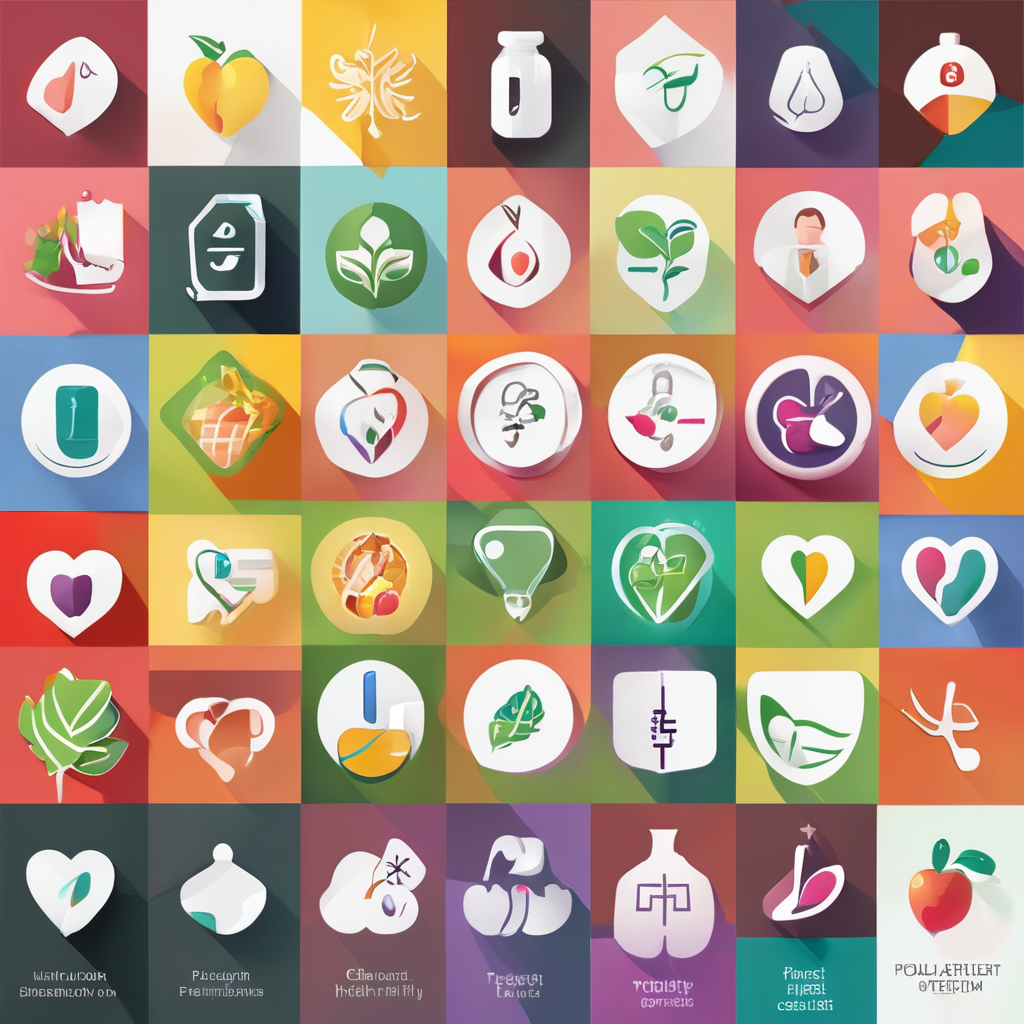Understanding the Vegan Lifestyle for Seniors
Veganism involves eliminating all animal products from one’s diet and lifestyle, focusing instead on plant-based foods. It’s essential for seniors considering a vegan lifestyle to understand its core principles. Primarily, it promotes a diet rich in fruits, vegetables, grains, nuts, and seeds.
Before making the diet transition, seniors should evaluate their current health status. This precaution ensures they address any pre-existing conditions that might be affected by dietary changes. Consulting healthcare professionals can provide personalized insights, helping mitigate potential health risks linked to the transition.
Also read : Proven Techniques for Seniors to Combat Chronic Stress and Enhance Well-Being
The potential health benefits of a vegan diet for seniors include improved senior health. A well-planned vegan diet can lower the risk of chronic diseases like heart disease, hypertension, and Type 2 diabetes. This dietary shift might also enhance digestive health thanks to increased fiber intake. Seniors may experience improved energy levels and healthier body weights due to reduced intake of saturated fats and cholesterol.
However, transitioning to a vegan lifestyle should be done thoughtfully. Monitoring nutrient intake and understanding dietary needs ensures that seniors sustain optimal health while embracing veganism. Informed decisions and personalized dietary plans make all the difference.
Also read : Essential Considerations for Selecting the Perfect Hearing Aid for Older Adults Facing Hearing Loss
Nutritional Considerations for a Vegan Diet
Understanding the nutrition challenges of a plant-based diet is crucial for seniors. Proper nutrient intake supports overall health and helps prevent deficiencies.
Key Nutrients to Focus On
Seniors must prioritize getting sufficient levels of essential nutrients such as vitamin B12, iron, omega-3 fatty acids, and zinc. These nutrients are less abundant in a vegan diet but can be found in fortified foods and supplements. The importance of vitamin B12 cannot be overstated, as its deficiency can lead to neurological issues. Iron from plant-based sources should be paired with vitamin C-rich foods to enhance absorption.
Sources of Protein for Seniors
Protein is vital for maintaining muscle mass and strength. Seniors can find excellent plant-based protein sources, including lentils, chickpeas, tofu, and quinoa. These foods not only provide protein but also offer a variety of other nutrients beneficial for health. Additionally, experimenting with different recipes can keep meals enjoyable and interesting.
Calcium and Vitamin D for Bone Health
Calcium and vitamin D are crucial for preventing osteoporosis. While calcium can be obtained from fortified plant milks and leafy greens, vitamin D often requires sunlight exposure or supplements. Ensuring adequate intake of these nutrients helps maintain strong bones. By conscientiously planning their diets, seniors can thrive on a vegan lifestyle.
Common Health Risks and Challenges
Transitioning to a vegan diet presents certain health risks that are particularly pertinent to seniors. One primary concern is the potential for nutrient deficiencies, such as vitamin B12, iron, and calcium. These deficiencies can have significant implications on senior health, impacting everything from bone density to energy levels. To mitigate such risks, seniors should focus on consuming fortified foods or appropriate supplements to maintain nutrient balance.
Managing pre-existing conditions while embracing veganism is another important consideration. Seniors with conditions like diabetes or heart disease might find benefits in a vegan diet, but must carefully monitor their nutritional intake. This means regular consultation with healthcare professionals to tailor dietary requirements to their specific health needs, ensuring that their diet transition does not negatively impact their condition.
Moreover, there are common misconceptions about veganism, particularly for seniors. Some may fear that a plant-based diet cannot meet their protein needs or may lack variety. However, with careful planning and education, it is possible to achieve balanced nutrition that supports overall health and well-being. Addressing these challenges head-on helps seniors make informed choices about adopting a vegan lifestyle.
Meal Planning and Preparation Tips
Adopting a vegan lifestyle while maintaining optimal senior health requires thoughtful meal planning. Creating balanced meals ensures that all essential nutrients are covered. Focus on variety by including a range of vegetables, grains, and legumes in daily meals to meet dietary needs without feeling restricted.
Creating Balanced Meals
To balance nutritional content, combine different food groups in every meal. For instance, pair lentils with brown rice and a side of mixed vegetables. Such combinations offer a complete protein source and other vital nutrients, keeping meals diverse and satisfying.
Easy Vegan Recipes for Seniors
Simple cooking tips can transform meals into delightful experiences. Consider preparing quinoa salad with roasted vegetables or chickpea curry with spinach. These recipes are not only nutritious but also easy to prepare, making them perfect for seniors seeking nutritious yet straightforward options.
Time-Saving Cooking Strategies
Efficient cooking aligns seamlessly with a vegan lifestyle. Batch cooking or prepping ingredients for the week can save time and reduce daily meal preparation stress. Investing in a slow cooker or pressure cooker can further simplify the process, allowing more time to enjoy the benefits of healthy, homemade meals.
Supplementation and Vegan Diet
Embracing a vegan lifestyle necessitates attention to nutritional support, particularly through thoughtful supplementation. Key supplements such as vitamin B12 and Omega-3 fatty acids play a crucial role in ensuring seniors meet their dietary needs. Vitamin B12 is especially important, as it supports nerve health and prevents anemia. Omega-3s contribute to heart health and cognitive function, which are essential for maintaining robust senior health.
Selecting supplements tailored to individual needs ensures efficient nutrition without compromise. Over-the-counter options for B12 and Omega-3 are widely available, but considering the bioavailability and the specific formulation can optimise their benefits. Seniors might prefer chewable tablets or liquid forms for easier consumption.
Consultation with healthcare professionals is invaluable when determining the right supplements. They can assess current health status, recommend appropriate dosages, and monitor any interactions with existing medications. This personalised approach maintains health and accommodates the diverse nutritional requirements that arise during one’s diet transition.
Ultimately, a combination of a balanced vegan diet and prudent supplementation fosters a healthy, vibrant lifestyle, helping seniors turn dietary concerns into manageable aspects of their broader wellness journey.
Testimonials and Success Stories
Understanding the impact of a vegan lifestyle can be greatly enhanced by hearing from those who have made the transition. Inspirational stories from seniors shed light on the benefits of this dietary change, providing motivation and reassurance. Many have reported improvements in their overall health, including better energy levels and enhanced senior lifestyle quality. These experiences demystify the process and highlight the achievable positives.
Inspirational Stories from Seniors
Margaret, a 70-year-old vegan advocate, experienced significant health improvements such as reduced joint pain and increased vitality. Her story echoes the sentiment of many who found clarity and improved senior health through vegan success.
Overcoming Challenges in Transitioning
Transitioning to veganism can be daunting, but several seniors have successfully navigated this change. Tom, an 80-year-old, faced initial diet transition hurdles but overcame them with meticulous planning and a supportive community. His story highlights the importance of patience and persistence.
Benefits Seen from Embracing Veganism
Embrace anecdotes of enhanced well-being, as reported by seniors. Common benefits include improved digestion, weight management, and heightened personal experience of overall health. Sharing these success stories not only empowers but also illustrates the tangible gains of adopting a vegan lifestyle.











